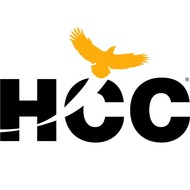Principles of Macroeconomics Video Channel
(View Complete Item Description)Macroeconomics examines the fundamentals of the American economy as it relates to social welfare. Emphasis is on basic economic concepts and theories as they affect domestic and international markets. This course integrates behavioral social sciences to present solutions to real-world problems. Macroeconomics includes measurements of GDP, fiscal and monetary policy. Included in this video channel are over 200 short instructional video clips which cover nearly all of the topics that would be taught in a principles of macroeconomics course and tie in with all the student learning objectives required by the ACGM. Explain the role of scarcity, specialization, opportunity cost and cost/benefit analysis in economic decision-making. Identify the determinants of supply and demand; demonstrate the impact of shifts in both market supply and demand curves on equilibrium price and output. Define and measure national income and rates of unemployment and inflation. Identify the phases of the business cycle and the problems caused by cyclical fluctuations in the market economy. Define money and the money supply; describe the process of money creation by the banking system and the role of the central bank. Construct the aggregate demand and aggregate supply model of the macroeconomy and use it to illustrate macroeconomic problems and potential monetary and fiscal policy solutions. Explain the mechanics and institutions of international trade and their impact on the macroeconomy . Define economic growth and identify sources of economic growth.
Material Type: Lecture











